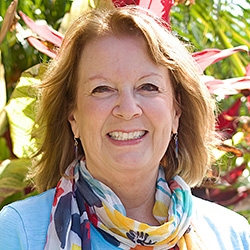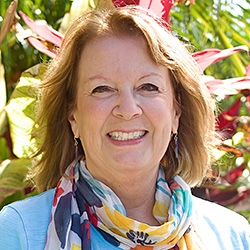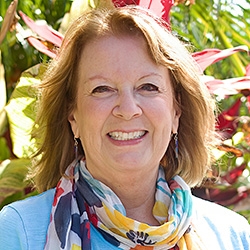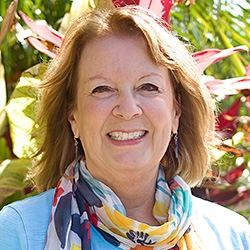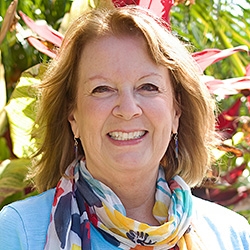

NVC Resources on Love
-
Trainer tip: It's often easy for us to hear rejection when someone says “no” to us. If we focus on the rejection, we may feel hurt and fail to take the time to understand what is going on with them. However, if we focus on their feelings and needs, we're more likely to uncover what they want and what prevents them. To increase success in resolving conflicts and find solutions that work for everyone, hear the “yes” behind their "no".
-
Trainer tip: In every interaction, we have a choice of responding in one of these four ways: judge/blame self, Judge/blame others, empathize with self, and/or empathize with others. The goal is to make a conscious choice about our response. Notice the choices you have when you receive someone’s communication today.
-
If we're to have a better future, our biggest task will be to reexamine what the police are, their place in the system, and more. Police violence exists by systemic design. The myths of where the problems and symptoms lie with the police, capitalism, laws, government, citizens, class and racism --plus the relationship between all these-- is what keeps oppression ongoing on a mass scale. For change to happen, we'll need to find systemic leverage points, and use privilege to benefit those without it. Read on for more.
-
Trainer Tip: Identify one goal and take one small step toward achieving it today. It doesn’t matter how much or how often. The reward is in taking the first step, and then the second and third until you’ve attained your goal.
-
Trainer Tip: Every human being has the same universal needs -- even as each person may choose different strategies to meet those needs. Notice the universal needs you share with other people today.
-
No one on their deathbed wished they worked more. Working is unlikely to bring a meaningful life. And yet greeting friends with survivalist expressions, such as, "I'm dead-tired", can feel like affirming our own worth. Taking time off can bring inner spaciousness, ease, rest and consequently time to meet life, to really meet it. Which brings more clarity into the question of what we would like to celebrate on our deathbed.
-
With a world in crisis, steeped in incomprehensible violence, how do we then live? What, if anything, could turn this around? If we're all dying, let us die loving everyone, including ourselves and our former enemies. Let us come together behind wanting everyone to be free. Let us align means with ends as we envision a world that, against all odds, moves towards working for all of life. Let us dedicate our lives to service, to courage, to speaking truth, and to love.
-
When we take a leap in life and put our hearts out into the world in new or bigger ways—sharing a song, dance, or poem, writing a book, competing at a sporting event, giving a speech, and so on—there is greater potential for aliveness but also for shame and pain
-
In order to bring in more nonviolence into the world, we need to take our own needs seriously and recognize that no amount of seeing someone’s innocence would mean putting up with more of their harmful behavior. We need to disentangle compassion towards another from the willingness to tolerate more harmful actions. At times this means finding enough self-love, support, or clarity, to take decisive action. Read on for more.
-
Trainer Tip: It can be painful spending our days pretending we’re not who we are. For example, we may try not to be passionate in our expression because if we think its “too much” for people. This can lead to trying to figuratively to squeeze ourselves into small spaces in life. Alternatively, we can choose who to share our passion with, and speak our truth to. Today, notice what you need and to work actively to meet your needs.

Quick Links
Subscription Preferences
Stay In Touch!
Looking for ways to keep up with NVC Academy news, get special offers, free resources, or words of inspiration? Here are five ways to stay engaged:

